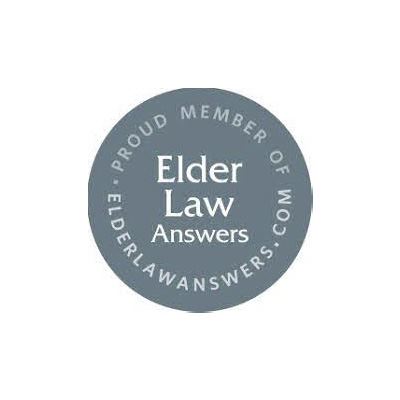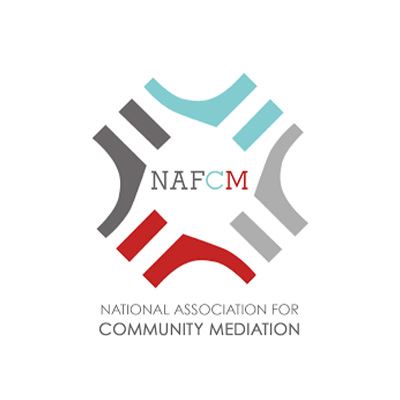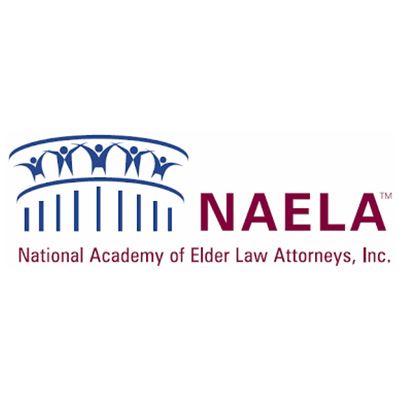
Dispositions
Resolution of a Criminal Case
“Disposition” refers to the manner in which your criminal case is resolved. Depending on the type and seriousness of the charge and your individual criminal history, many of the following dispositions may be available in your case.
For a consultation with our legal team, reach out to our firm by sending us a message or calling (704) 870-0340.
Voluntary Dismissal
A voluntary dismissal is considered the “holy grail” of criminal defense. This is where the District Attorney dismisses (throws out) the charge. This might happen because the State determines that there is insufficient evidence to support the charge, due to an irregularity in the arrest or processing of evidence, or because a prosecuting witness is no longer interested in proceeding.
Deferred Dismissal
Informal agreement between the District Attorney and defendant whereby the defendant takes certain specific steps (ex. attends drug classes, driving school, anger management classes, etc.) and upon proof of completion, dismisses the charge. This is almost as good as a voluntary dismissal.
Deferred Prosecution Agreement
Formal agreement with the State available to certain defendants charged with a misdemeanor of low-level felony (Class H or I). Upon successful completion of the program, the charges are dismissed. Generally, deferred prosecution agreements require a written admission of guilt. Therefore, even if the criminal charge is dismissed, it is still considered a conviction under immigration law.
Conditional Discharge (90-96)
Program that allows for dismissal of certain controlled substance offenses for first-time offenders. To be eligible, the defendant must be charged with a qualifying misdemeanor or felony drug offense, have not previously participated in the 90-96 program, and have no previous conviction for any felony or any type of drug or drug paraphernalia offense. This program requires the defendant to plead guilty to the charge and complete designated programs such as drug education and/or community service. Because of the requirement for entering a guilty plea, even though successful completion of this program does result in a dismissal of the criminal charge, this is still considered a conviction under immigration law.
Guilty Plea by Arrangement with District Attorney (Negotiated Plea)
A high percentage of cases are settled through a negotiated plea. The District Attorney and defense attorney reach a compromise which may consist of a plea to a lesser (lower) charge in exchange for a lighter sentence or dismissal of other charges. This usually allows the defendant to know in advance what sentence will be imposed, although final imposition is always at the discretion of the judge.
Guilty Plea (Non-Negotiated)
A defendant may enter a plea of guilty and “take his/her chances” with the judge. Under this scenario, the defendant enters the plea without any assurances or pre-determination of the ultimate sentence that will be imposed.

Whether you have questions or you're ready to get started, our legal team is ready to help. Complete our form below or call us at (704) 870-0340.
Bench Trial with finding of Guilty or Not Guilty
A bench trial consists of presenting your case before a judge rather than a jury. This selection must be made by the defendant. In this scenario, the judge will make a determination regarding the facts and then decide guilt of innocence.
Jury Trial with finding of Guilty or Not Guilty
Defendant enters a plea of not guilty and has a full trial before a jury. The jury acts as the “finder or fact” and ultimately renders a verdict of “guilty” or “not guilty.” All jurors must be unanimous in the decision. In a jury trial, the judge makes decisions of law such as which evidence is admitted, runs the trial, provides instructions to the jury, and ultimately imposes punishment if the defendant is convicted.
Contact Us for Advice on All Criminal Law Matters in North Carolina
The Law Office of Kelli Y. Allen, PLLC can help you if you have been arrested for a crime in or around Charlotte, NC. For any questions you have about criminal law, contact us today.
To discuss your criminal case with our attorneys, complete our contact form or call (704) 870-0340.

Real Testimonials, Real Cases
-
"I feel like I can trust them and I would definitely go to them again if i needed their help."R.R.
-
"Thank you Ms. Allen for your help and for your time."Mr. Fernandez
-
"I would definitely recommend Kelli to all my friends and family."J.D.








